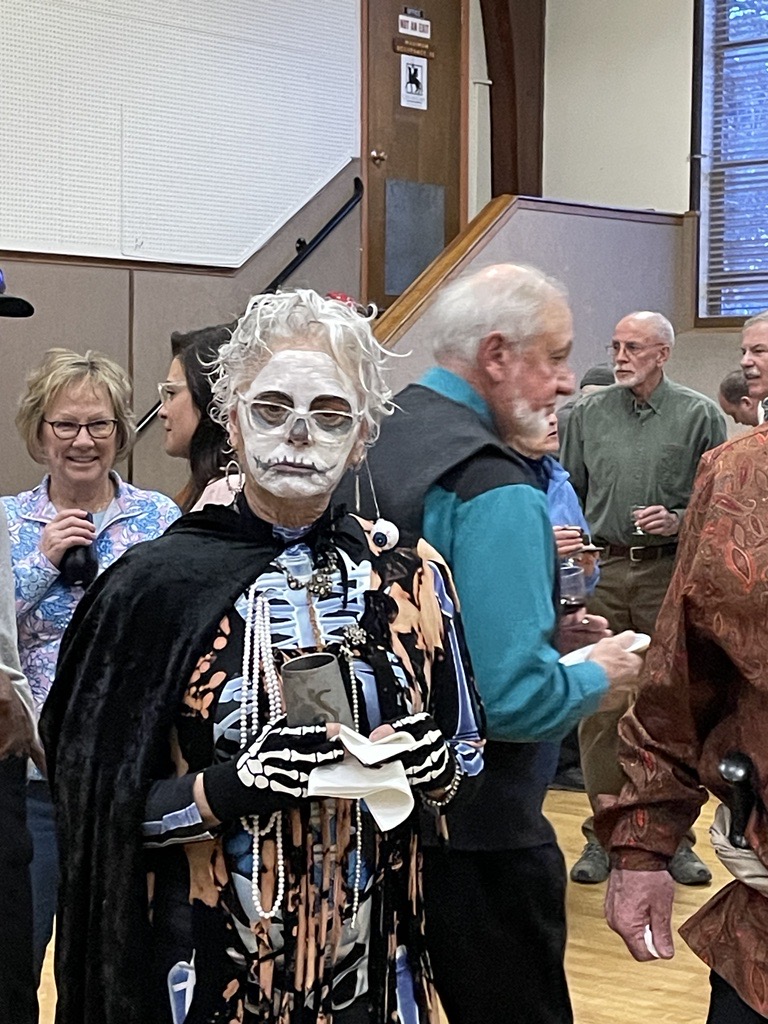Wapiti Man Sues Fed Over Right To Make His Own Machine Gun
Written by Mac Watson on March 19, 2023
A Wapiti man, who is suing the federal government over whether he has the right to build and possess his own M16 machine gun, had another setback in his lawsuit last week.

An M16 rifle is at the center of a federal government lawsuit filed by a Wapiti, WY man.
Jake Stanley DeWilde brought his lawsuit against the federal government in January, suing Attorney General Merrick Garland, and the Bureau of Alcohol, Tobacco and Firearms and Explosives claiming the government denying his application to make the firearm violates his Second Amendment rights and that it’s unconstituitional.
Last week, the federal government said in a filing that the legal system have consistently ruled that the Second Amendment protects a citizen’s right to bear arms that are in “common use.” But it doesn’t protect a person’s right to manufacture “dangerous and unusual weapons.” The counterclaim specifically mentions that M16 machine guns are defined as dangerous and unusual weapons.
Back in 2008, the Supreme Court contemplated the pro-gun argument that weapons like machine guns, or the M16 in particular, should be allowed to citizens due to the fact that the Second Amendment allows for people to “keep a well-regulated militia.” But according to the federal government’s filing, “the Court rebuffed this objection, explaining that ‘the concept of the militia at the time of the Second Amendment’s ratification was the body of all citizens capable of military service, who would bring the sort of lawful weapons that they possessed at home to military duty.'”
In DeWilde’s complaint, which was filed back in December of 2022, he asked to make and register an M16 machine gun. Almost two weeks later, his complaint contends the ATF denied his application, citing a federal law that specifically forbids the transfer as well as the possession of a machine gun. What it does allow is the U.S. government and military forces to own or possess said guns, or machine guns owned before 1986.
DeWilde argues that recent gun cases from 2008 and 2022 together that the M16 is a “common use” firearm by the U.S. military and therefore it should be legal for citizens, which is the exact opposite argument made by the government. DeWilde’s lawsuit is asking to strike a part of his argument (that the federal government exceeded its constitutional powers in outlawing machine guns) and just focus on the Second Amendment issue.
The federal government responded to this by saying it has the right to restrict firearms because the United States Constitution gives it the authority and the power to regulate interstate commerce. But it is unclear how this pertains to DeWilde’s lawsuit since he has never stated moving guns across state lines.




